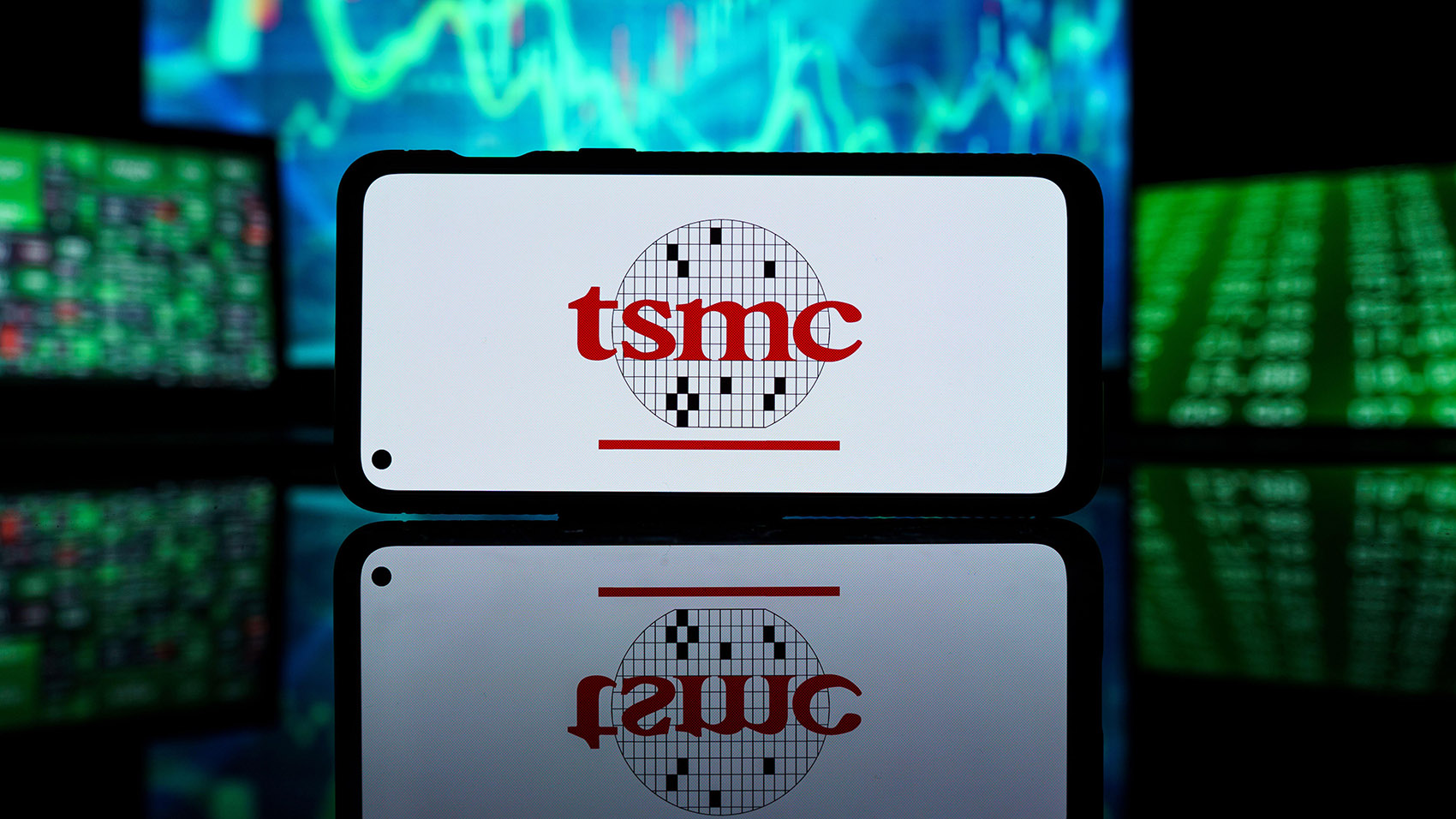WWW.INFORMATIONWEEK.COM
Building an Augmented-Connected Workforce
John Edwards, Technology Journalist & AuthorNovember 15, 20245 Min ReadSasin Paraksa via Alamy Stock PhotoIn their never-ending quest to improve efficiency and productivity, a rapidly growing number of enterprises are currently building, or planning to build, augmented-connected workforces. An augmented-connected workforce allows humans and machines to work together in close partnership. The goal is people and devices functioning more productively and efficiently than when working in isolation.An augmented-connected workforce can be defined as a tech-enabled workforce of humans that have access to next-generation technologies, such as AI, IoT, and smart devices, to do their day-to-day jobs, says Tim Gaus, a principal and smart manufacturing business leader with Deloitte Consulting, in an online interview. "These technologies add a level of intelligence and efficiency for employees by providing skills that humans dont possess while allowing workers to focus on higher level, strategic work." In general, augmented-connected workforces allow for a more dynamic, connected work environment that prepares human team members to work seamlessly with high technology devices.Building the CaseToday's workforce is moving rapidly toward an integrated, interconnected ecosystem of workers and technology. "By evolving our mindset on what a workforce is, it becomes clear that an augmented-connected workforce provides the most potential," Gaus says.Related:An augmented-connected workforce's benefits vary significantly depending on the type of augmentation being applied, says Melissa Korzun, vice president of customer experience operations at technology services firm Kantata. On the whole, however, it can reduce errors, decrease costs, improve quality, and even contribute to safer working conditions in manufacturing sectors, she notes in an email interview.Other potential benefits include faster training and upskilling, improved safety, enhanced efficiency, and better cost management. "In manufacturing, for example, as businesses look to expand production capabilities, using innovative tools designed for workers can help streamline processes, leading to faster time-to-market," Gaus explains.Korzun notes that in the business sector an augmented-connected workforce promises to build significant administrative efficiency. It can, for example, reduce the time needed to process large volumes of information while creating the ability to summarize unstructured data sets. Companies that take advantage of these new assistive capabilities will benefit from improved productivity, increased quality, and less burnout in their workforce, she says.Related:As organizations continue to scale their augmented-connected workforces, additional benefits are likely to emerge. "Life sciences, for example, has seen a huge benefit in leveraging computers to expedite data analysis and then pairing humans to use these discoveries to create new therapies for diseases," Gaus says. He expects that many other discoveries will emerge across industries over time, leading to innovations as well as new opportunities to engage customers.Virtual AssistanceAn augmented workforce can work faster and more efficiently thanks to seamless access to real-time diagnostics and analytics, as well as live remote assistance, observes Peter Zornio, CTO at Emerson, an automation technology vendor serving critical industries. "An augmented-connected workforce institutionalizes best practices across the enterprise and sustains the value it delivers to operational and business performance regardless of workforce size or travel restrictions," he says in an email interview.An augmented-connected workforce can also help fill some of the gaps many manufacturers currently face, Gaus says. "There are many jobs unfilled because workers aren't attracted to manufacturing, or lack the technological skills needed to fill them," he explains.Related:Building a PlanTo keep pace with competitors, businesses should develop a comprehensive strategy for utilizing new technologies, including establishing a cross-functional team that's dedicated to identifying critical areas where technology augmentation can help solve core business challenges, Korzun says. "There are lots of shiny objects out there to chase right now -- focus on applying new tech capabilities to your most critical business issues." To assist with planning, she advises IT leaders to talk with their vendors about their current augmented-connected workforce technologies and their roadmaps for the future.For enterprises that have already invested in advanced digital technologies, the path leading to an augmented-connected workforce is already underway. The next step is ensuring a holistic approach when looking at tangible ways to achieve such a workforce. "Look at the tools your organization is already using -- AI, AR, VR, and so on -- and think about how you can scale them or connect them with your human talent," Gaus says. Yet advanced technologies alone aren't enough to guarantee long-term success. "Innovative tools are the starting point, but finding ways to make human operations more efficient will lead to true impact."Final ThoughtsWhile many enterprises have already begun integrating emerging technologies into routine tasks, innovation alone without considering the role humans will play within the new model can lead to slower progress in an augmented-connected model, Gaus warns. "Humans are much more likely to engage with and utilize technology they understand and trust." The other piece of the puzzle is ensuring that workers are appropriately skilled in the new technologies entering the business.Businesses must continue to embrace technology and digital transformation in order to build the most dynamic workforce possible, Gaus states. "Doing so will maximize their technology investment and create a more connected, reliable workforce."About the AuthorJohn EdwardsTechnology Journalist & AuthorJohn Edwards is a veteran business technology journalist. His work has appeared in The New York Times, The Washington Post, and numerous business and technology publications, including Computerworld, CFO Magazine, IBM Data Management Magazine, RFID Journal, and Electronic Design. He has also written columns for The Economist's Business Intelligence Unit and PricewaterhouseCoopers' Communications Direct. John has authored several books on business technology topics. His work began appearing online as early as 1983. Throughout the 1980s and 90s, he wrote daily news and feature articles for both the CompuServe and Prodigy online services. His "Behind the Screens" commentaries made him the world's first known professional blogger.See more from John EdwardsNever Miss a Beat: Get a snapshot of the issues affecting the IT industry straight to your inbox.SIGN-UPYou May Also LikeWebinarsMore WebinarsReportsMore Reports










